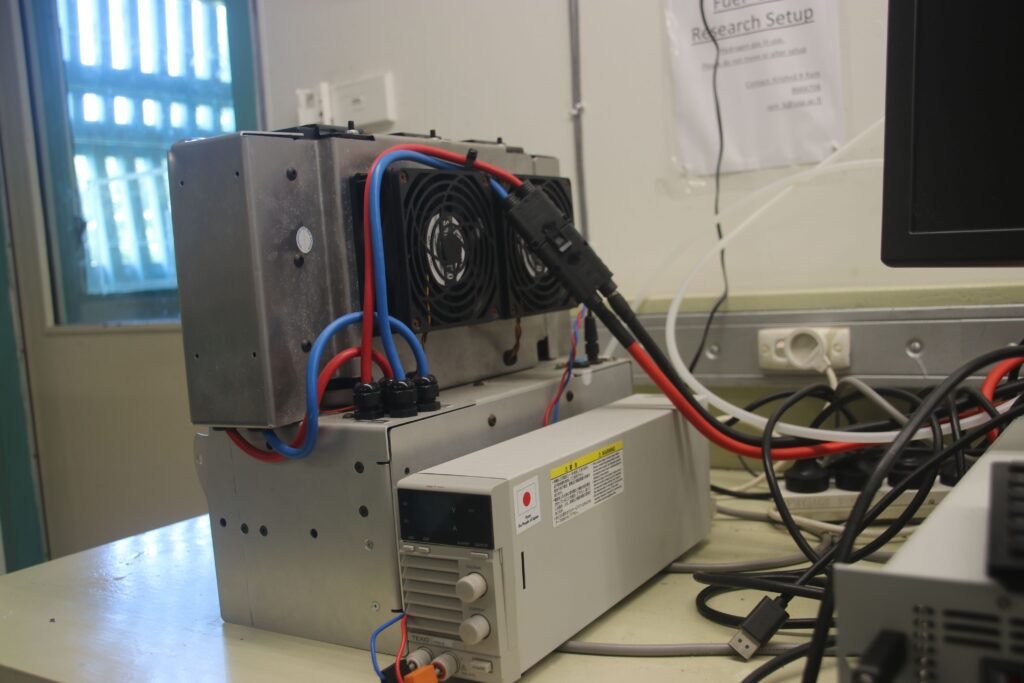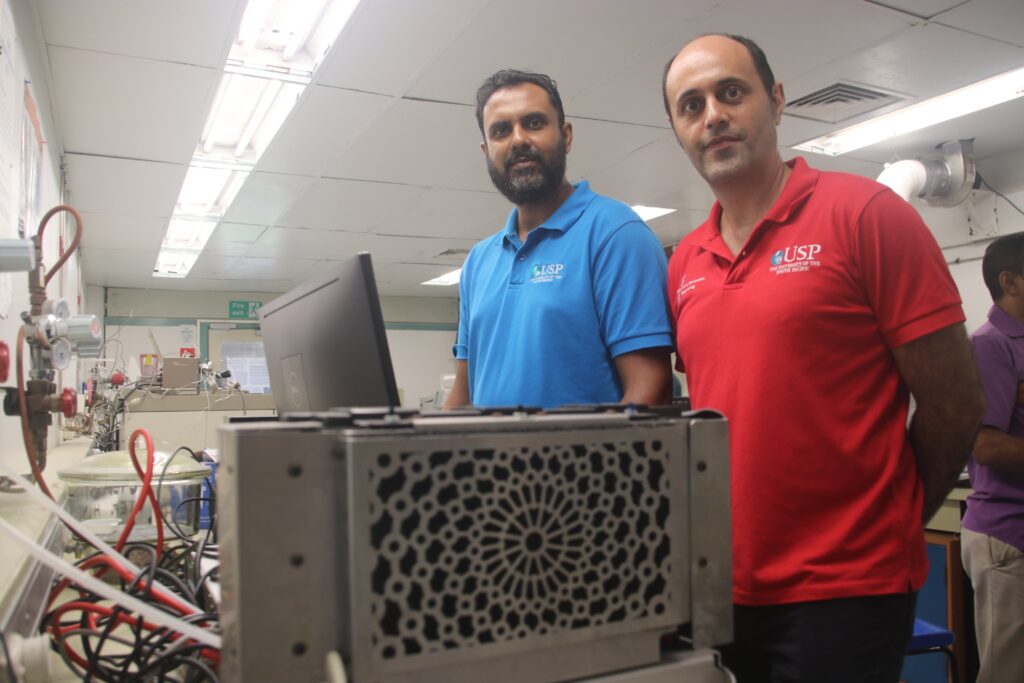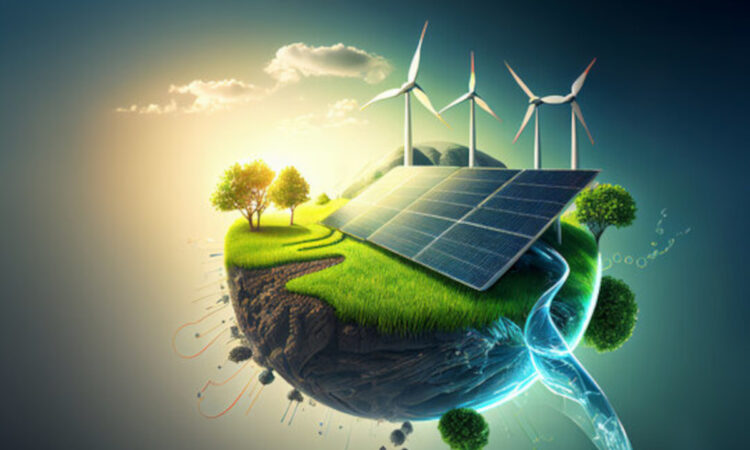The University of the South Pacific (USP) has made groundbreaking strides in the field of hydrogen fuel cell technology with its state-of-the-art research setup, positioning itself as a regional and global leader in sustainable energy technology. At the heart of this pioneering endeavor is the 1.2kW Proton Exchange Membrane Fuel Cell (PEMFC).

This is the first of its kind in USP and in the entire Pacific region, marking a significant milestone in sustainable energy research.
Dr Ali Mohammadi
Hydrogen fuel cells represent one of the most promising pathways to a sustainable energy future as they generate electricity with only water as a byproduct—free of greenhouse gases and harmful pollutants.
They can be produced using renewable energy like solar and wind, reducing reliance on fossil fuels. Additionally, hydrogen’s versatility enables its use in hard-to-electrify sectors such as steel production and shipping, paving the way for a low-carbon future.
By addressing technical challenges and exploring innovative solutions, the team is contributing to the global shift away from fossil fuels. This is about creating a legacy for future generations.
As nations worldwide strive to transition to sustainable energy sources, USP’s Hydrogen Research group is playing a vital role in fostering innovation and sustainability.
Dr. Ali
The Hydrogen Research group is led by USP’s School of Information Technology, Engineering, Mathematics and Physics (STEMP) and was founded under the leadership of Professor Maurizio Cirrincione. His pioneering work laid the foundation to advance sustainable energy solutions.

Today, the group operates under the guidance of Dr Ali Mohammadi and Krishnil Ram with membership coming from other postgraduate students and young student/staff researchers.
Current research projects at USP include modelling fuel cell systems for marine transport, utilising AI algorithms to diagnose hydrogen system faults, investigating the local production of green hydrogen, developing controllers for safer and more efficient fuel cell operations, and exploring hydrogen injection into diesel engines.
These projects underscore the important work carried out by USP in collaboration with regional countries and external partners in hydrogen research to address the Pacific region’s energy challenges.

